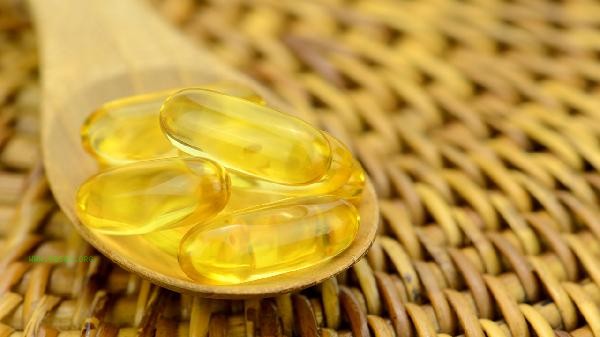Moderate supplementation of vitamin C can help enhance immunity, promote collagen synthesis, and antioxidant properties, but it is important to avoid consuming copper and iron rich foods such as shrimp, crabs, and animal liver. The main functions of vitamin C include preventing scurvy, accelerating wound healing, improving iron absorption, reducing free radical damage, and assisting in whitening and skincare. Daily supplementation can be achieved through foods such as citrus fruits, kiwifruit, broccoli, etc.

1. Enhance immunity
Vitamin C can stimulate white blood cell activity and enhance the body's defense against viruses and bacteria. Long term deficiency may lead to recurrent infections, especially for children and the elderly. Fresh fruits such as strawberries and oranges can provide natural vitamin C, and it is recommended to control the daily intake within 200 milligrams.
2. Promoting collagen synthesis
Vitamin C is an essential cofactor for collagen synthesis. When lacking, symptoms such as gum bleeding and slow wound healing may occur. postoperative patients or during the skin repair period may increase their intake of foods rich in vitamin C, such as colored peppers and kale.
III. Improving Iron Absorption
Vitamin C can convert trivalent iron into more easily absorbable divalent iron. It is recommended to consume it together with plant-based iron sources such as spinach. But it is necessary to avoid consuming it together with animal organs such as pig liver, as copper can accelerate the oxidation and failure of vitamin C.

4. Antioxidant Effects
As a potent antioxidant, vitamin C can neutralize the damage of free radicals to cells and delay the aging process. Smoking, staying up late, and other oxidative stress groups can increase intake, but excessive intake may cause discomfort such as diarrhea.
V. Auxiliary Whitening and Skincare
Vitamin C reduces melanin production by inhibiting tyrosinase activity, but continuous supplementation is needed to take effect. The combination of external and internal use has a better effect, and allergy testing should be conducted before using on sensitive skin.

Daily supplementation of vitamin C should mainly focus on dietary supplementation, ensuring a daily intake of 300-500 grams of fresh vegetables and fruits. When cooking, pay attention to stir frying or cold mixing to reduce nutrient loss, and avoid prolonged soaking or high-temperature stewing. Special populations such as kidney stone patients need to control their intake, and it is recommended to consult a physician before taking vitamin C supplements. At the same time, be careful not to eat with shellfish seafood, and it is advisable to have an interval of more than 2 hours to avoid adverse reactions.



Comments (0)
Leave a Comment
No comments yet
Be the first to share your thoughts!